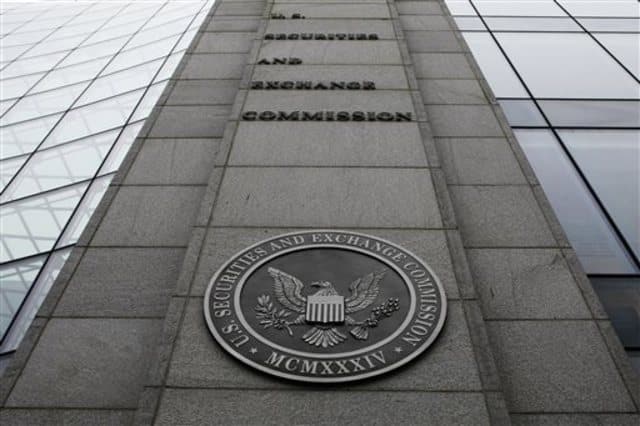SEC Charges CEO with Trying to Prevent Investors from Reporting Fraud in Violation of SEC Whistleblower Protection Laws

Yesterday, the Securities and Exchange Commission (SEC) filed a complaint against the online auction portal Collectors Café and its CEO, Mykalai Kontilai. The complaint included allegations that the company broke SEC whistleblower laws and tried to silence investors from reporting wrongdoing to law enforcement. The SEC previously charged the company with over $23 million in securities fraud and $6 million more in misappropriated investor funds.
In 2015 and 2017, investors of Collectors Café alleged the company was engaged in fraud. In response to these allegations, Collectors Café and its CEO agreed to buy back shares from investors on the condition they sign non-disclosure agreements strictly prohibiting communication with the SEC.
According to the SEC release, Collectors Café pressured investors into signing these agreements that prohibited them from reporting securities law violations, a clear breach of the SEC’s whistleblower protection law.
“This is an important lawsuit. It is essential that the SEC vigorously defend the right of investors or whistleblowers to report securities frauds to the SEC,” said Stephen M. Kohn, a whistleblower attorney at the qui tam law firm of Kohn, Kohn and Colapinto, and Chairman of the Board of Directors, National Whistleblower Center. “The SEC is sending the right message in this case.”
According to the SEC complaint, Collectors Café attempted to silence investors at least two different times, even seeking to sue investors for breaking the confidentiality agreements by communicating with the SEC.
The whistleblower attorneys at Kohn, Kohn & Colapinto were responsible for getting the first sanction under this SEC whistleblower rule when they filed a complaint accusing defense contractor KBR Inc. of requiring its employees to sign restrictive non-disclosure agreements in 2015.
Harry Barko, a former contract administrator for KBR in Iraq, witnessed vast amounts of fraud in the costs of construction services at military bases and filed his case under the qui tam provisions of the False Claims Act against KBR/Halliburton.
Mr. Barko soon discovered that other witnesses to these crimes were required to sign secrecy agreements. In a courageous act of defiance, Barko became the first to challenge the legality of these restrictive non-disclosure agreements.
Large corporations attempt to get around the whistleblower protection provisions of the Dodd-Frank Act by muzzling employees with non-disclosure agreements, restricting the release of confidential information to law enforcement as a condition of employment. These illegal agreements undermine the rule of law and prevent the reporting of financial fraud, waste, and abuse in the corporate sector.
This latest action by the SEC proves that continued protection under the law is required to prevent future attempts by corporate wrongdoers to silence whistleblowers.
- Read the SEC Release: SEC Charges Issuer and CEO with Violating Whistleblower Protection Laws to Silence Investor Complaints
- Read more about Non-Disclosure Agreements and Hush Money
- The Guardian: Corporations cannot muzzle whistleblowers with secrecy agreements any longer
Latest News & Insights
February 16, 2026
January 27, 2026




